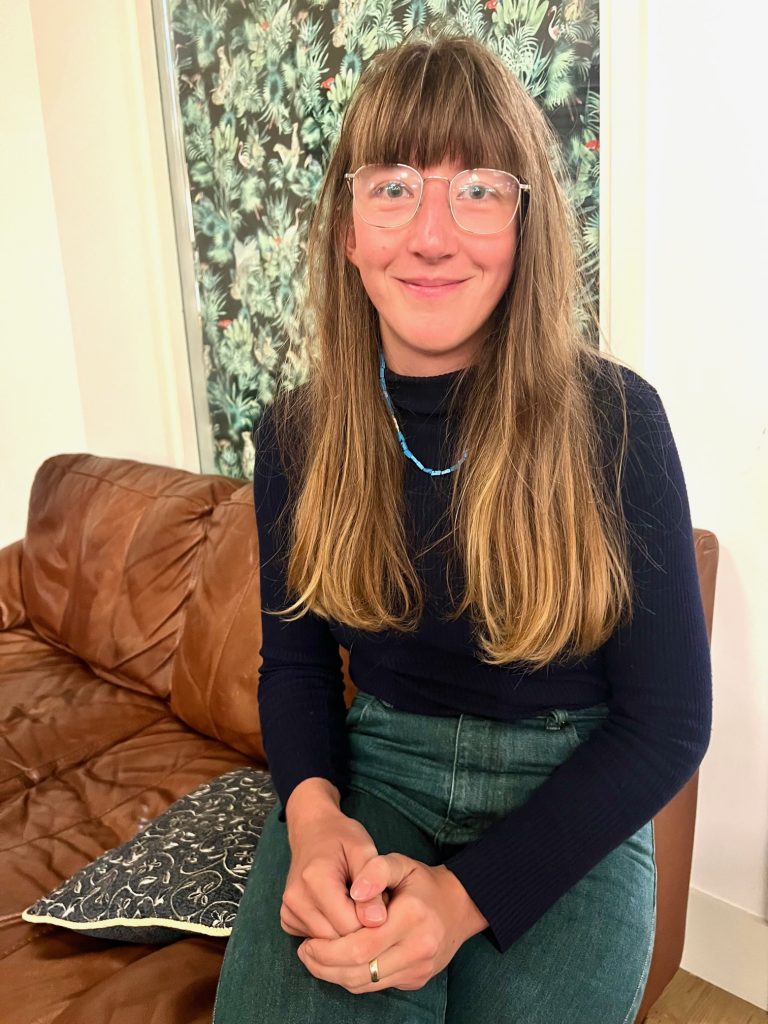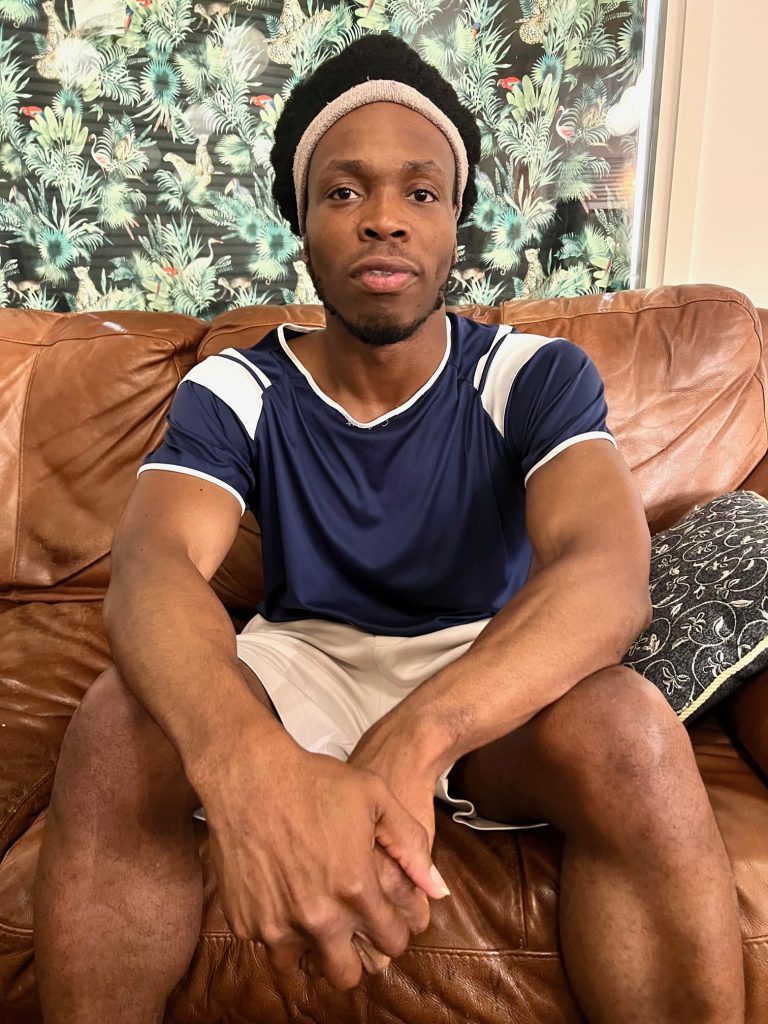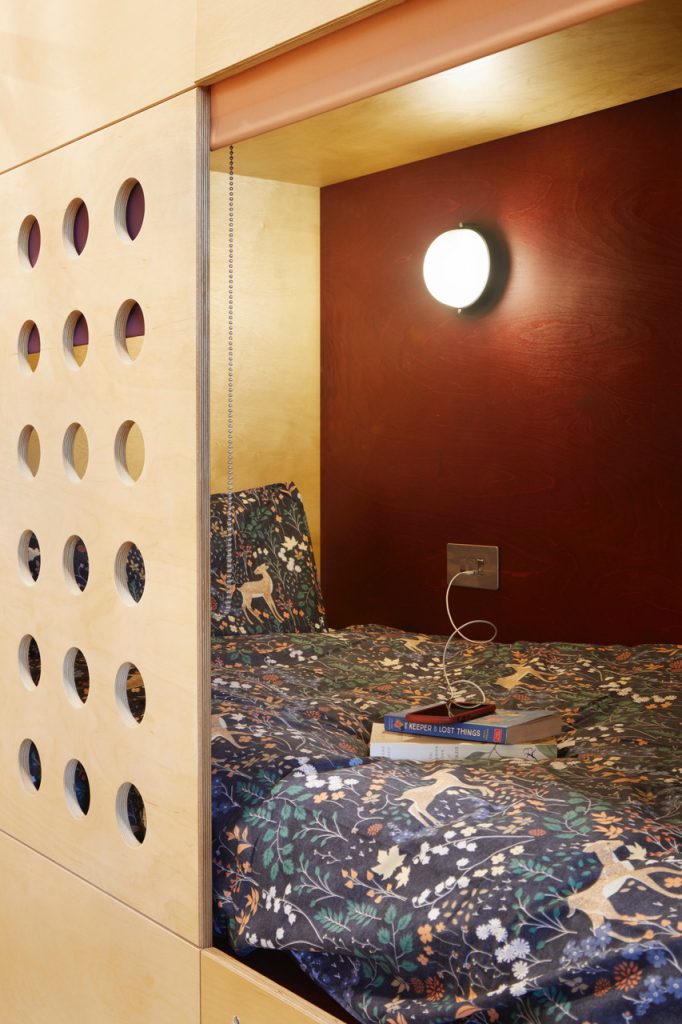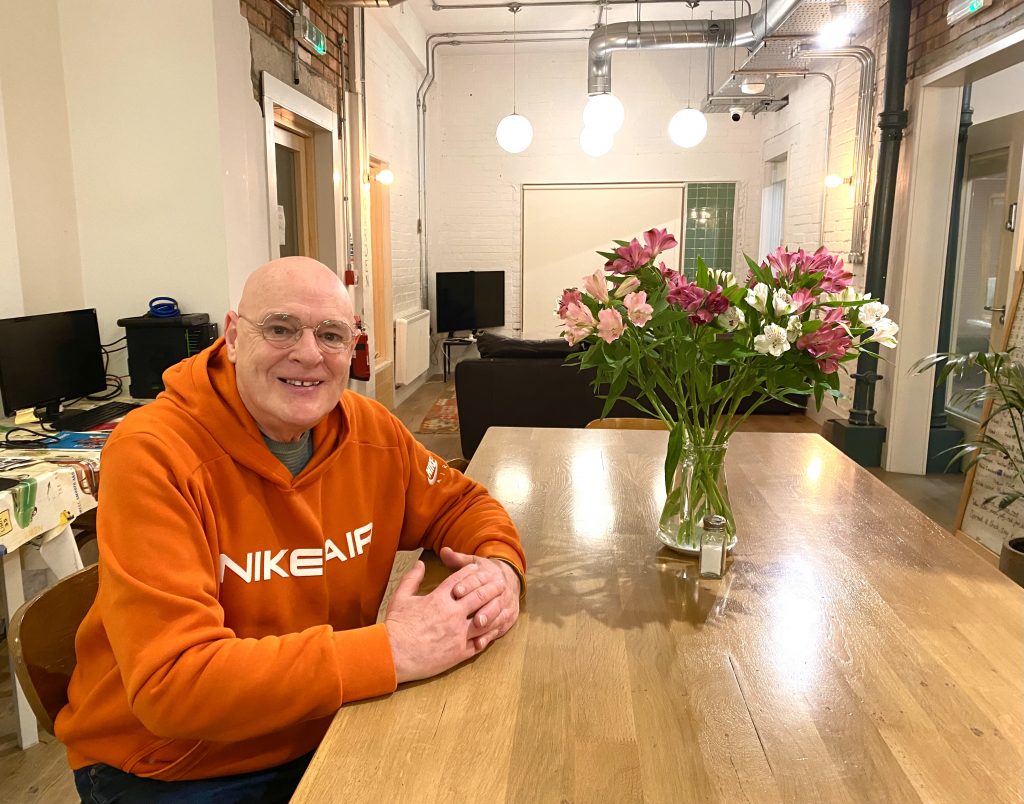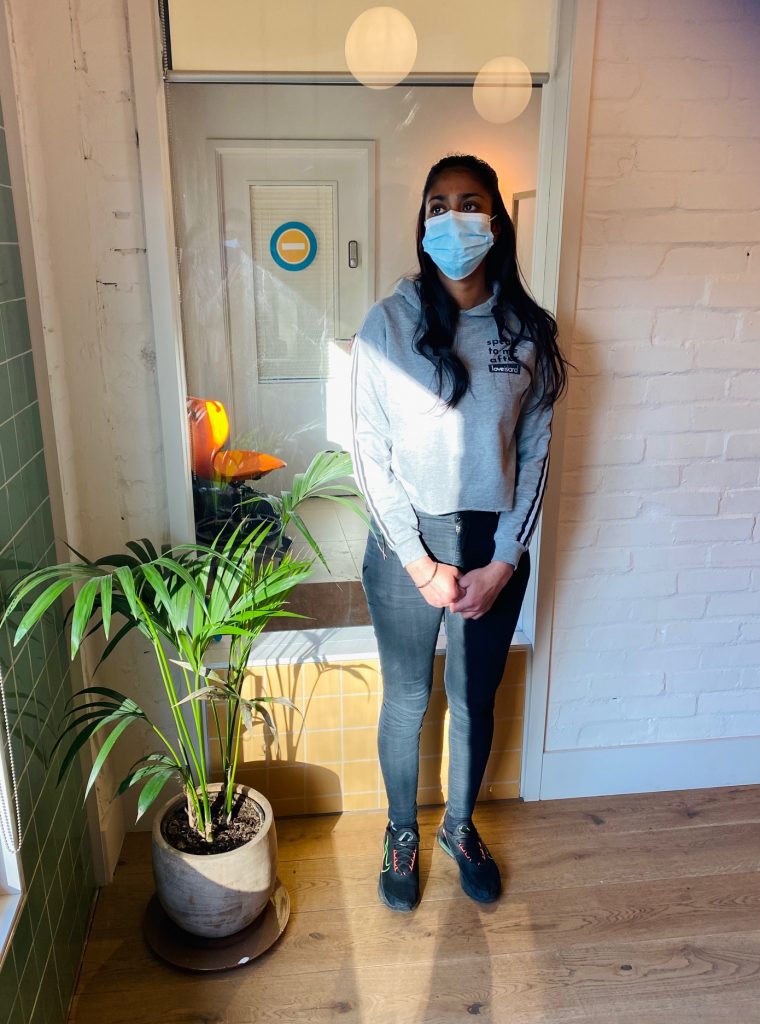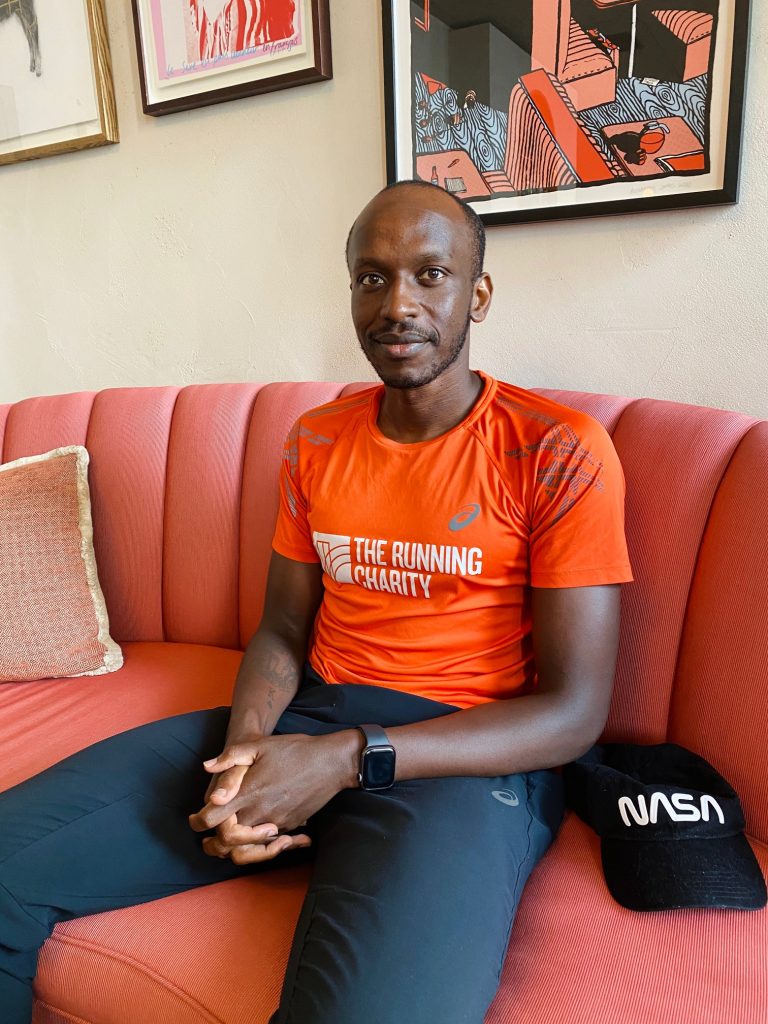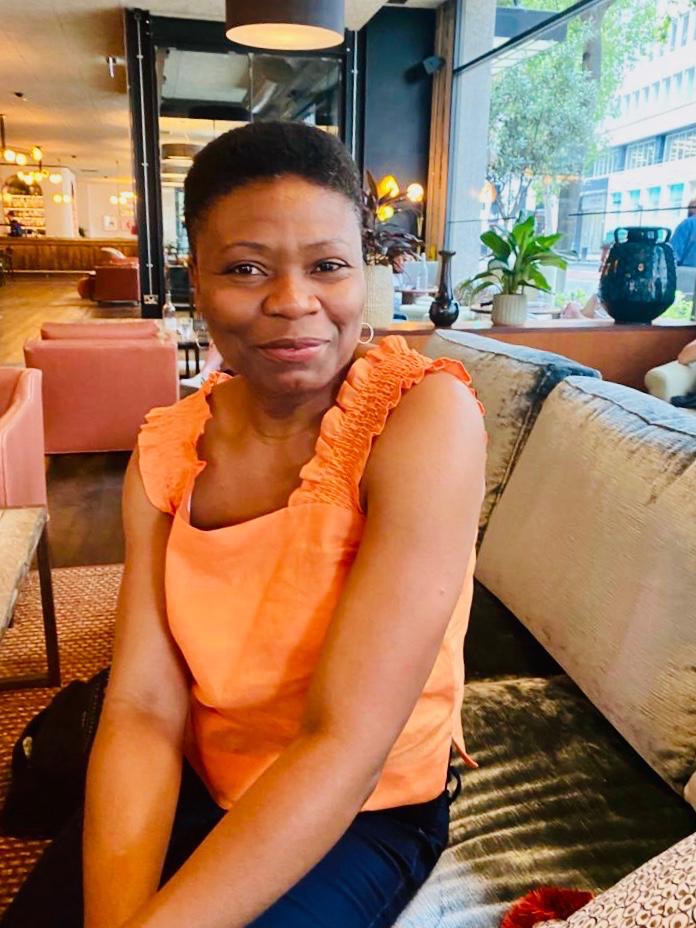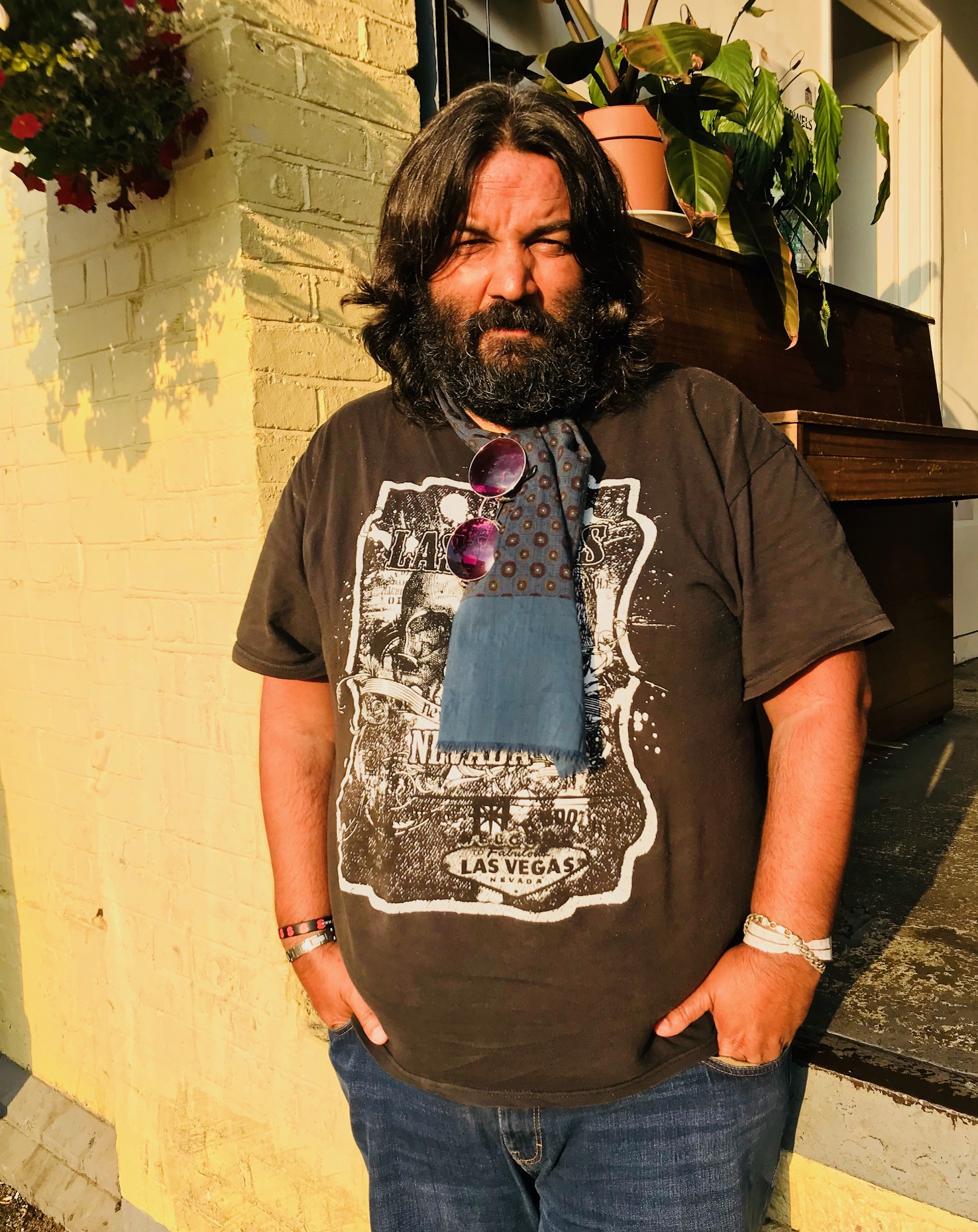 My name is Dominic but please call me Dom. My childhood memories are full of happiness, my adult memories are also filled with happiness but at times there are big splashes of sadness dropped in. You see this time two years ago I was living on the streets.
My name is Dominic but please call me Dom. My childhood memories are full of happiness, my adult memories are also filled with happiness but at times there are big splashes of sadness dropped in. You see this time two years ago I was living on the streets.
In 2006, my marriage fell apart, a physical illness returned and my mental health deteriorated. My brothers came and took me back to the family home in Wales. After a year I felt I’d become a burden to my Mum and family as they witnessed me struggling with my mental and physical health, so I packed a bag and left. I still regret doing that as I didn’t see my family again for many years.
I was no longer married to a wonderful woman who I’d totally adored and loved for 16 years, I was no longer a father to our two beautiful daughters and I was no longer sharing my life with them. I was no longer working in a career that I felt very lucky to have and be passionate about. For 11 years I continued to struggle with my health, my thoughts and feelings about my family, my daughters and even about myself. I sofa surfed, spent days in libraries, slept on night buses or in parks, showered in the changing rooms of public swimming pools.
28th June 2018 is the date when things started to change for me when I arrived at SFTS. My first night at the Shelter was unsettling, I wasn’t used to a bed, eating a cooked meal, having conversations with others. Right away the volunteers helped me feel at ease, they listened to you, made time to help you, took notice of you, talked to you, not due to you being homeless, but because you were a person. If there is one thing that makes a big difference to someone’s feelings inside, it’s being treated like a person again after months of feeling ignored. I started weekly counselling sessions with Charlotte – another part of a great support network provided by SFTS.
After a few days of settling in, Cookie started to help me apply for benefits, search for accommodation and update my C.V. By August 2018 I had regained my confidence, my purpose, my self-esteem. I always felt encouraged by everybody at SFTS to push myself, not to just sit back, but to grab parts of my past life again, the ones that made me happy.
With the continued help and support of SFTS I found a place of my own in North London to move into. My last night at the shelter coincided with the hearing that decided on granting the planning permission so SFTS could move to its new home. Volunteers, supporters and guests all gathered at Islington Town Hall, wearing SFTS t – shirts, for the hearing where all parties were heard including guests. It was takeaway Pizza for the celebrations after, which in a way was also my leaving party.
I continued to receive support from SFTS as I settled into my new home. I would go back for meals and counselling, volunteers would always give encouragement and show interest in my on-going plans. I started volunteering at Union Chapel in Islington for music events – SFTS had suggested that due to my background it would be perfect place for a music freak like me to get involved.
Fast forward to February 2020. I’ve started a sound engineering course. I’ve been travelling all over the UK on tour buses helping out at festivals and gigs. I’ve been in studios with bands and artists listening to them create new music. I’ve reconnected with old music friends from my days at Virgin Megastores. I’ve redecorated my home and landscaped the garden. I’ve written letters to my daughters and they’ve replied back to my Mum. I’m back in contact with my family, my siblings, all my nieces & nephews. I’ve been a male model on photoshoots, I’ve been an extra on film sets and tv shows. I’ve done Santa duties at hospitals and a children’s home. I’ve continued to be a volunteer at SFTS, something that I want to always do.
I genuinely feel if it wasn’t for SFTS taking me in on 28th June 2018, I wouldn’t have done or been a part of any of the aforementioned. I feel very lucky and grateful to have the life I have now. SFTS have helped many people like me, reconnect their lives and reconnect with their families.
My beautiful Dad told me many moons ago, that you can always find a positive out of a negative. With the way things are in the world right now, his words are even more poignant.
Be safe, be kind, keep smiling.
Dom ✌💜☮
